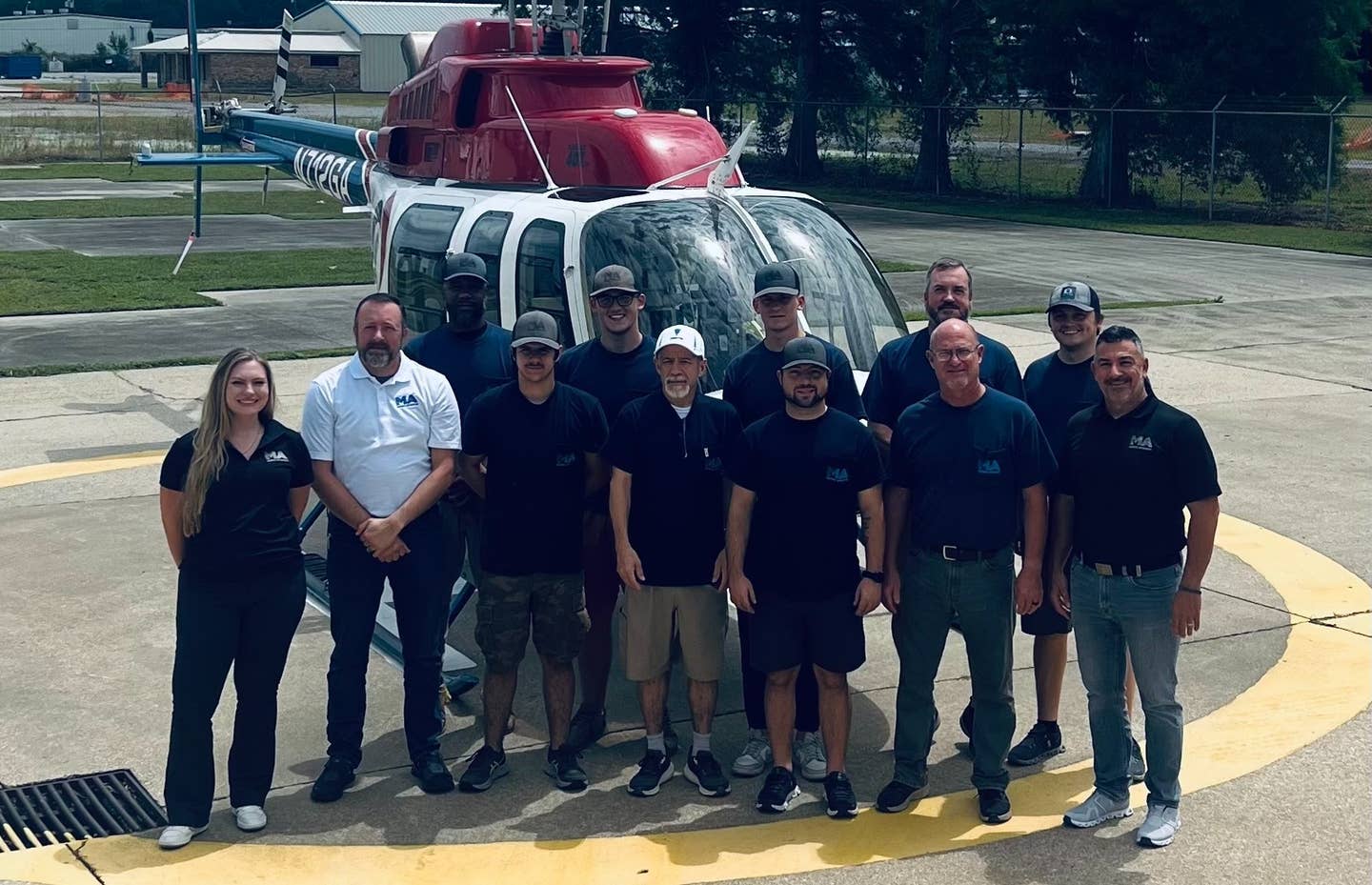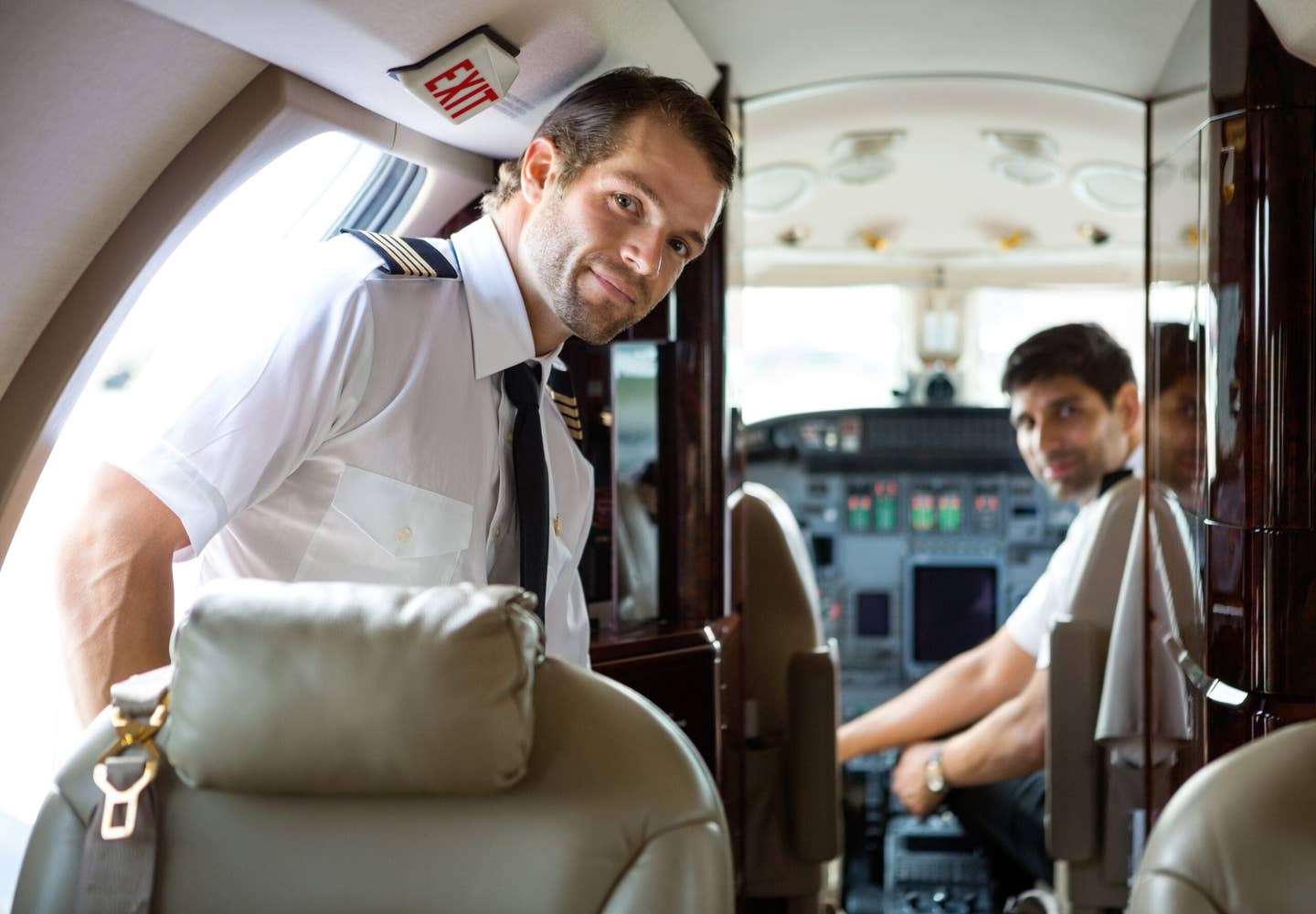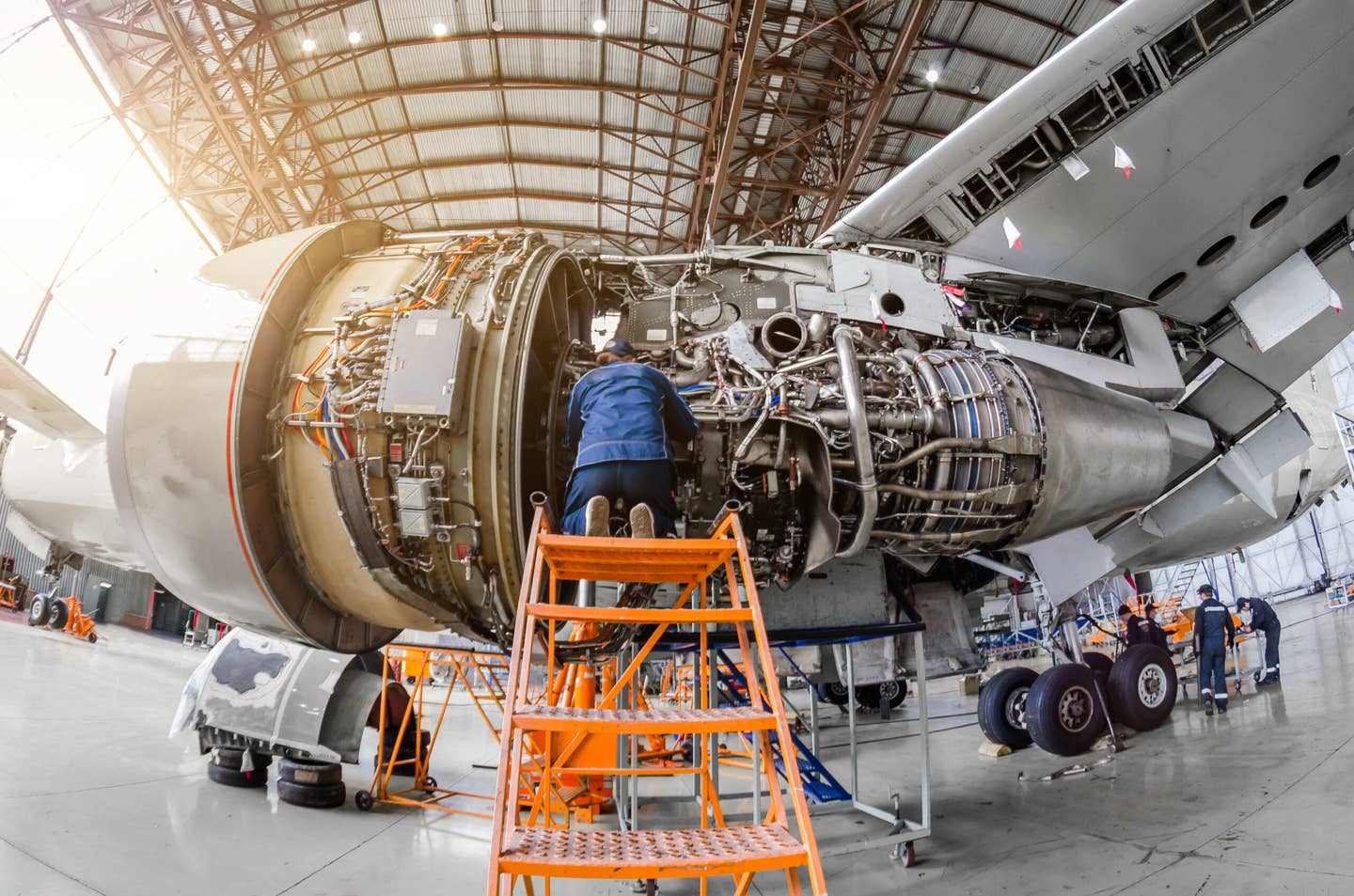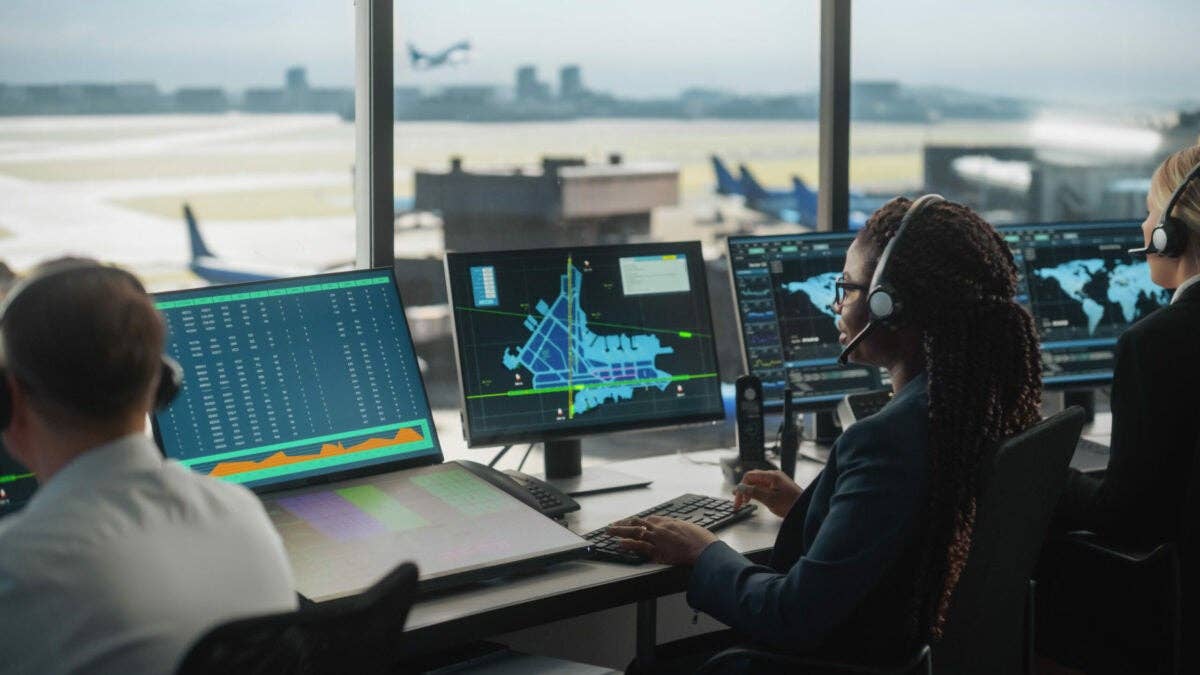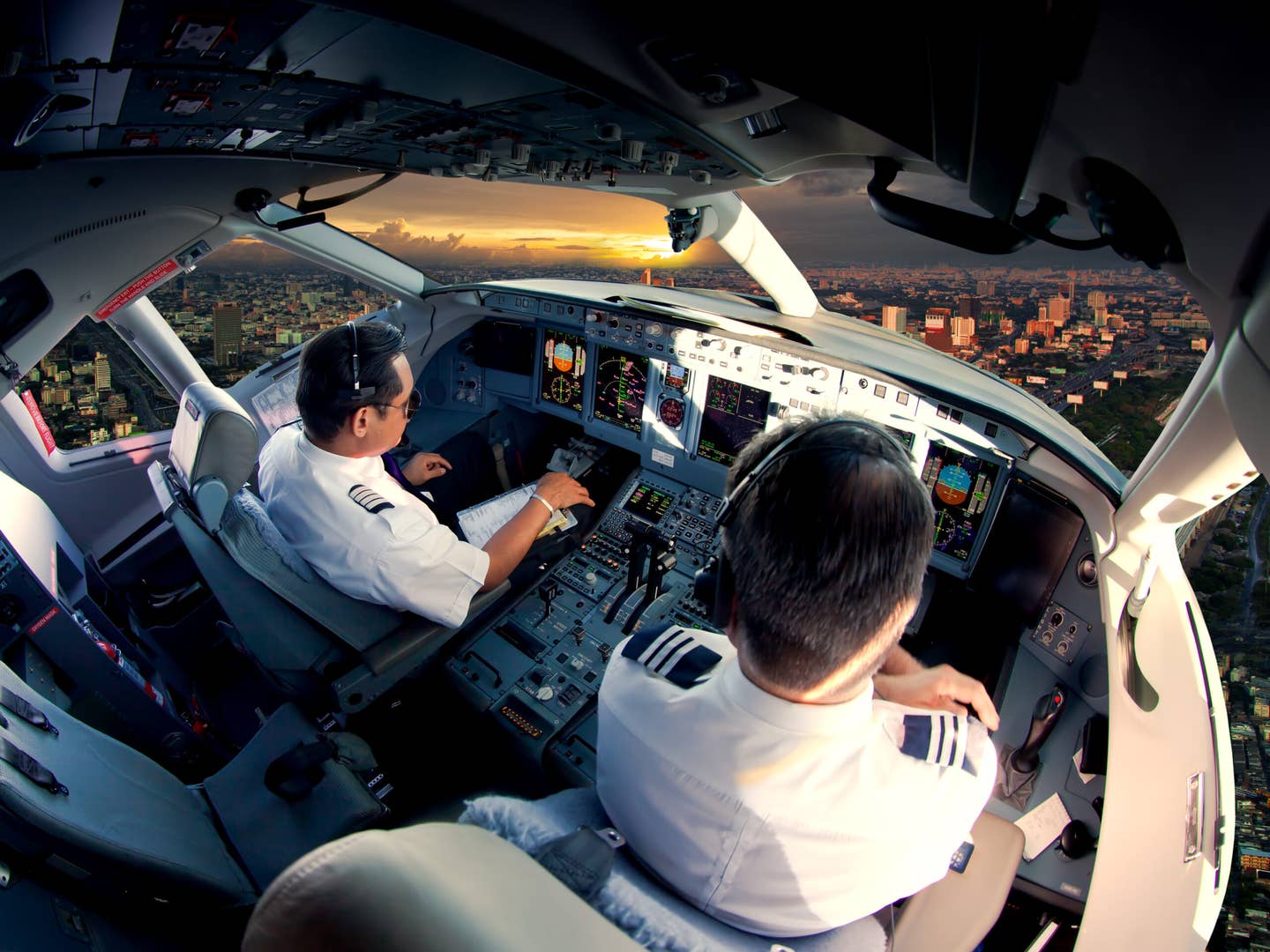Checklist: What You Need to Qualify for a Drone Pilot Job
Here’s everything you need to start earning money as a UAV operator.
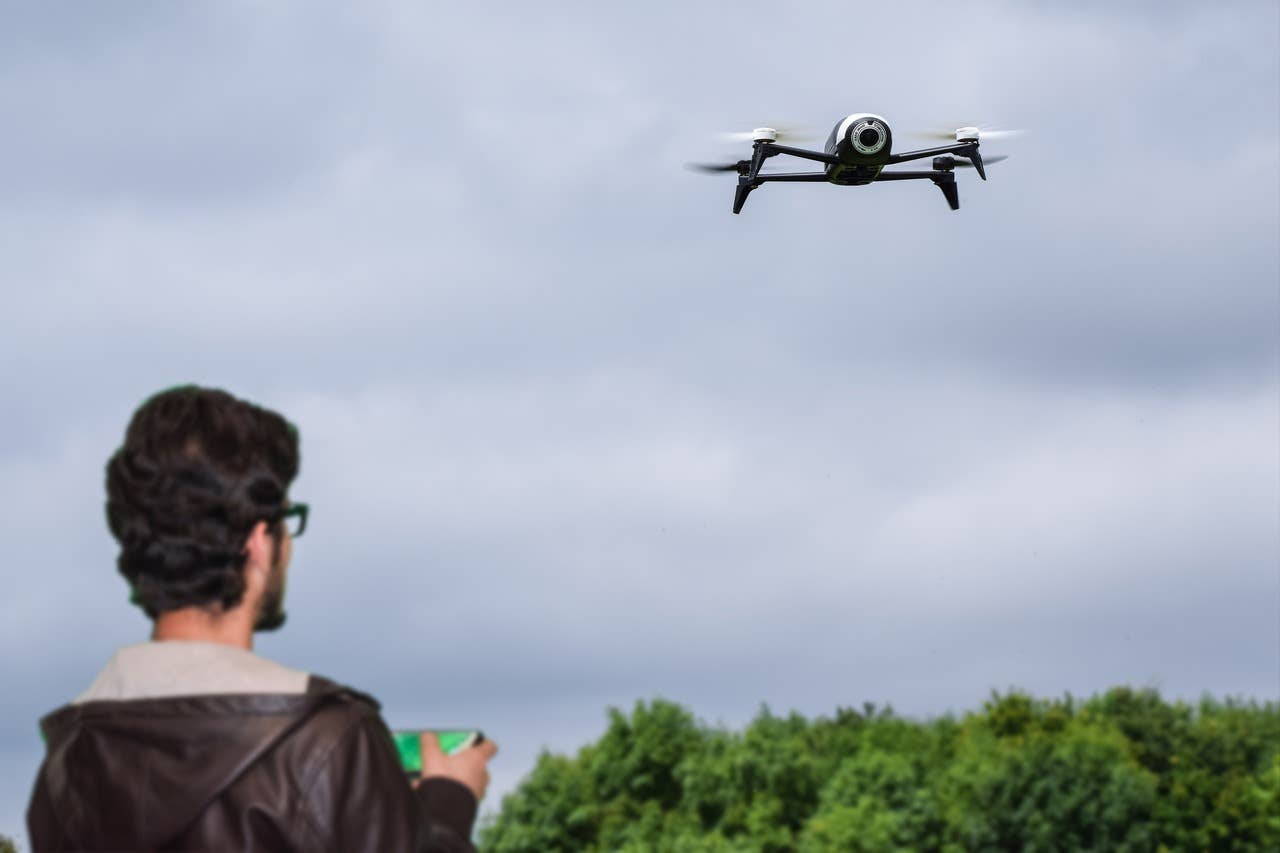
Before you can begin your career as a drone pilot, you must meet certain legal requirements. [Credit: Khamkhor/Pixabay]
What if all you needed was to follow a simple checklist and potentially earn over $100,000 a year? As a commercial drone pilot, it is entirely possible to do just that with a proven method to grow from drone enthusiast to drone entrepreneur.
If you are ready to join the ranks of this rapidly growing industry, our checklist will be the key to your success. By getting the proper certifications and appropriate training and deciding which career path is best for you, the skies can be your path to a rewarding career in the drone industry.
Quick Look: Drone Pilot Job Checklist
- Meet the legal requirements for commercial drone pilot jobs.
- Choose a career path (9-to-5 job or freelancer).
- Train to make yourself more marketable.
- Choose a niche.
Legal Requirements for Commercial Drone Pilots
Before you can begin your career as a drone pilot, you must meet certain legal requirements, as detailed below.
1. Obtain Remote Pilot Certification (Part 107)
In order to earn money from drone pilot employment, you must meet FAA Part 107 license requirements in accordance with its Small UAS Rule. Without this certification, pilots are violating federal law anytime they fly for profit. The pilot and even those hiring them can be subject to fines and jail time if they choose to ignore this rule.
Criteria to earn a remote pilot certification:
- Be at least 16 years old
- Read, write, speak, and understand English
- Be in a physical and mental condition to safely fly a UAS
- Pass a TSA background check and adhere to specific rules regarding felony convictions
If you meet all of the above requirements, you may sit for the initial aeronautical knowledge test, called the Unmanned Aircraft General – Small (UAG) exam.
Unmanned Aircraft General – Small (UAG) exam details:
- Costs $175
- Consists of 60 multiple-choice questions, which you are given two hours to complete
- Requires a score of 70 percent or higher (at least 42 questions correct) to pass
If you pass the exam, there are a few administrative tasks you must complete to have the FAA send you your license, but you can start earning money while you wait for the official license to arrive in the mail.
You will need to stay current by taking recurring training and passing a test every 24 months, but the training and test are online and free.
2. Register Your Drone
The second requirement is to register your drone or drones if you have several. Registering your drone is an easy process and is completed using the FAADroneZone website. The cost is only $5 per drone and must be renewed every three years.
Choosing a Path
Before getting into the specifics of training, it is important to note that there are two paths everyone seeking drone pilot employment must choose between: full-time and freelance.
Full-Time Employment
If you are interested in a steady paycheck, set hours, and benefits like medical, dental, and 401(k), you most likely want to be hired as a full-time pilot. Working for a company that employs commercial drone pilots offers security but may also limit your earning potential.
Freelancing
Freelance pilots operate their own businesses as drone service providers. While some of the security that comes with a 9-to-5 job is sacrificed, you can choose your own hours and have unlimited earning potential. Some pilots choose to combine the two paths and freelance outside their regular working hours, but most choose one path or the other.
Make Yourself Marketable With Commercial Drone Pilot Training
Like any profession, commercial drone pilots can significantly increase their marketability through specialized training and the acquisition of new skills. There are many ways to continuously build your knowledge, but here are some of the best ones.
1. Enroll in Drone Pilot School
Schools for drone pilots come in all shapes and sizes, from brick-and-mortar multiyear universities like Embry‑Riddle Aeronautical University, to online education platforms such as Altitude University.
While the FAA doesn't require commercial drone pilots to attend any instruction before taking the Part 107 exam, the vast majority of pilots benefit from attending one of these programs. Students learn a wide range of materials, such as airspace rules, understanding weather conditions, and the legal requirements of drone operation.
2) Practice Piloting Skills
Some in-person programs teach piloting skills, but most pilots learn on their own. YouTube is a great resource for learning how to fly drones. While it varies with each individual, I like to recommend pilots fly at least 40 hours in a variety of locations and conditions before considering themselves a skilled drone operator.
3. Learn Your Equipment Thoroughly
Learning your equipment is just as important as learning how to fly. Drones are essentially flying cameras or data collection platforms. If you don’t understand how to use the equipment on your drone, you won’t be a successful commercial drone pilot.
For example, if you’re using thermal imaging, you should invest in thermography classes such as those given by the industry leader Teledyne-FLIR. Search for well-established schools with good reviews when looking to expand your understanding of UAV-related equipment and payloads.
4. Don’t Forget Your Recurrent Training
Recurrent training is required by the FAA to keep your remote pilot certification current. You must complete the training and pass an exam every 24 months.
The good news is the FAA provides the training and the test online for free. You must pass the exam with a 100 percent score, but the FAA allows you to go back and correct incorrect responses, so it’s essentially impossible not to pass.
Potential Drone Pilot Job Niches
Drone use began in the defense sector, but its applications have grown far beyond the battlefield. We'll briefly highlight a few of the numerous niches in which you can specialize, but this is by no means a complete list of all the drone applications currently in use.
Real Estate
For most new operators, entry-level drone pilot jobs begin in the real estate industry. The real estate market is present in every community, and drones provide a unique perspective for showcasing real property. Studies have shown that properties marketed with drone footage have a much higher chance of selling.
To succeed in this niche, you’ll need to understand the basics of photography and have a drone with at least a 20-megapixel camera. Lower megapixel cameras will work fine, but most real estate agents want at least 20-megapixels. You should also carry at least $1 million in liability insurance (which is the standard amount for most drone gigs anyway).
Precision Agriculture
Precision agriculture has adopted drone technology with great success over the last decade. Drones can help with counting plants, identifying crop diseases, analyzing soil, and managing water. Pilots interested in this niche will need a drone with a multispectral camera and specialized software such as those provided by Pix4D and DroneDeploy for precision agriculture.
Construction
From mapping to project management to calculating material stockpiles, drones are well entrenched in the construction industry. Pilots will need to have a drone with a good RGB camera, and if they are mapping, they will need to consider additional equipment that improves precision in measuring, such as RTK and ground control points.
Cinematography
If the bright lights of Hollywood are calling, a career in drone cinematography may be just for you. Not too long ago, helicopters were the only way to get sweeping shots and fly-ins of scenes. Drones are more controllable and much more cost-effective. Many pilots in this niche build custom drones and use very expensive payloads with industry-leading cameras to capture cinematic footage.
If you’d like to pursue a career in this field, you'll need an in-depth understanding of photography and likely some experience with an established cinematographer before starting off on your own.
Insurance
The insurance industry uses drones to document the conditions of property before and after disasters. Many pilots are finding work in this niche, especially in areas prone to seasonal storms and natural disasters. The requirements for this field are similar to those for real estate photography. Depending on your state, you may also need additional certifications and training.
What Are You Waiting For?
The applications for drones are rapidly growing, and the need for skilled pilots continues to be a challenge for the industry. If you would like a rewarding occupation with highly marketable skills, the drone industry is a great choice with unlimited earning potential.
Using our checklist as a guide, you can begin your journey and start turning your love for aviation and photography into a profitable and enjoyable career.
FAQ
How much do drone pilots get?
Salary.com estimates the average salary for drone pilot careers to be $48,649. It’s not uncommon for some pilots to earn over $100,000 per year.
What disqualifies you from becoming a drone pilot?
You must meet the minimum requirements set forth by the FAA.
- Be at least 16 years old
- Read, write, speak, and understand English
- Be in a physical and mental condition to safely fly a UAS
Additionally, you must pass a background test and adhere to specific rules regarding felony convictions. If you do not meet these, you are disqualified from becoming a commercial drone pilot.
Is it hard to make money as a drone pilot?
As a UAV operator, the amount you earn generally reflects your efforts to find work. If you are hired full-time, earning a consistent amount may be easier. As a freelancer, you have unlimited earning potential if you are in the right market and providing a quality product.

Subscribe to Our Newsletter
Get the latest FLYING stories delivered directly to your inbox

